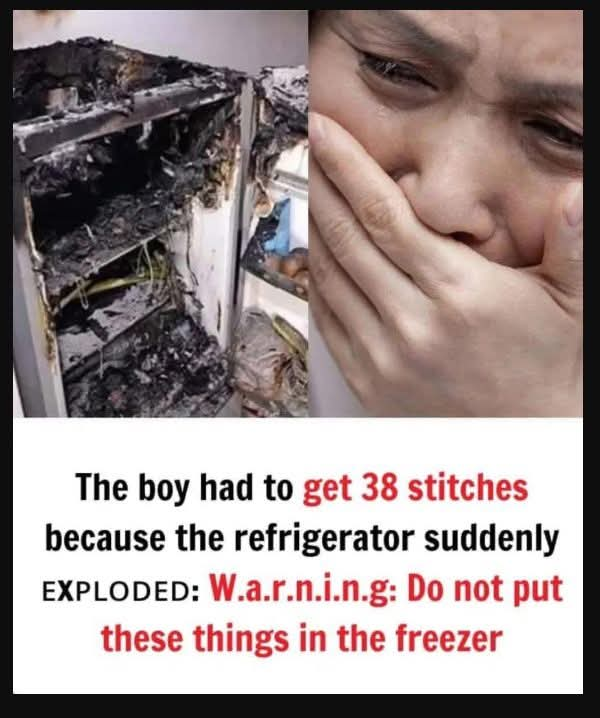Do Not Put These Things In The Freezer

Eggs in Their Shell: Freezing eggs in their shells can cause them to crack as the liquid inside expands. This can make them unsafe to use once thawed. Instead, crack the eggs into a container and freeze them in a well-sealed, separate container.
Cucumbers
Cucumbers have high water content, which causes them to become mushy and lose their crispness once frozen and thawed. It’s best to keep them fresh for salads or pickling rather than freezing.
Potatoes
Raw potatoes should not be frozen as they turn grainy and watery when thawed. If you want to freeze potatoes, cook or blanch them first. Alternatively, freeze mashed potatoes or fries.
Leafy Greens (Without Blanching)
While leafy greens like spinach, kale, and lettuce can be frozen, they must first be blanched to preserve their texture and nutrients. Freezing them raw will result in soggy, unappetizing vegetables when thawed.
Cheese (Soft Varieties)
Soft cheeses like cream cheese, ricotta, and cottage cheese do not freeze well as they become crumbly and lose their creamy texture when thawed. Hard cheeses, however, can be frozen with better results.
Bread (If Not Wrapped Properly)
While freezing bread can extend its shelf life, improper wrapping can lead to freezer burn. Make sure the bread is well-wrapped in plastic or foil to maintain its freshness.
Foods with High Water Content (Watermelon, Grapes)
Fruits like watermelon and grapes, which contain a lot of water, tend to lose their texture once frozen. Watermelons, for instance, can turn mushy, and grapes become overly soft, making them less enjoyable.
Batter and Dough (Uncooked)
Freezing batter or dough can result in a change in texture. Doughs for pastries, cakes, or cookies should be frozen only after they’ve been fully prepared and portioned. Unbaked items often do not rise properly after being frozen and thawed.
Yogurt
Though it’s safe to freeze yogurt, it loses its creamy consistency, becoming watery when thawed. The texture change may make it less enjoyable as a standalone snack or topping.
Carbonated Drinks
Never freeze carbonated drinks like soda or sparkling water, as the liquid expands when frozen, potentially causing the can or bottle to explode, creating a mess and a potential safety hazard.
Conclusion
Freezing can be a great way to preserve food, but it’s important to know which items shouldn’t go in the freezer. For best results, make sure to follow the proper freezing methods to avoid waste and maintain the quality of your food.






